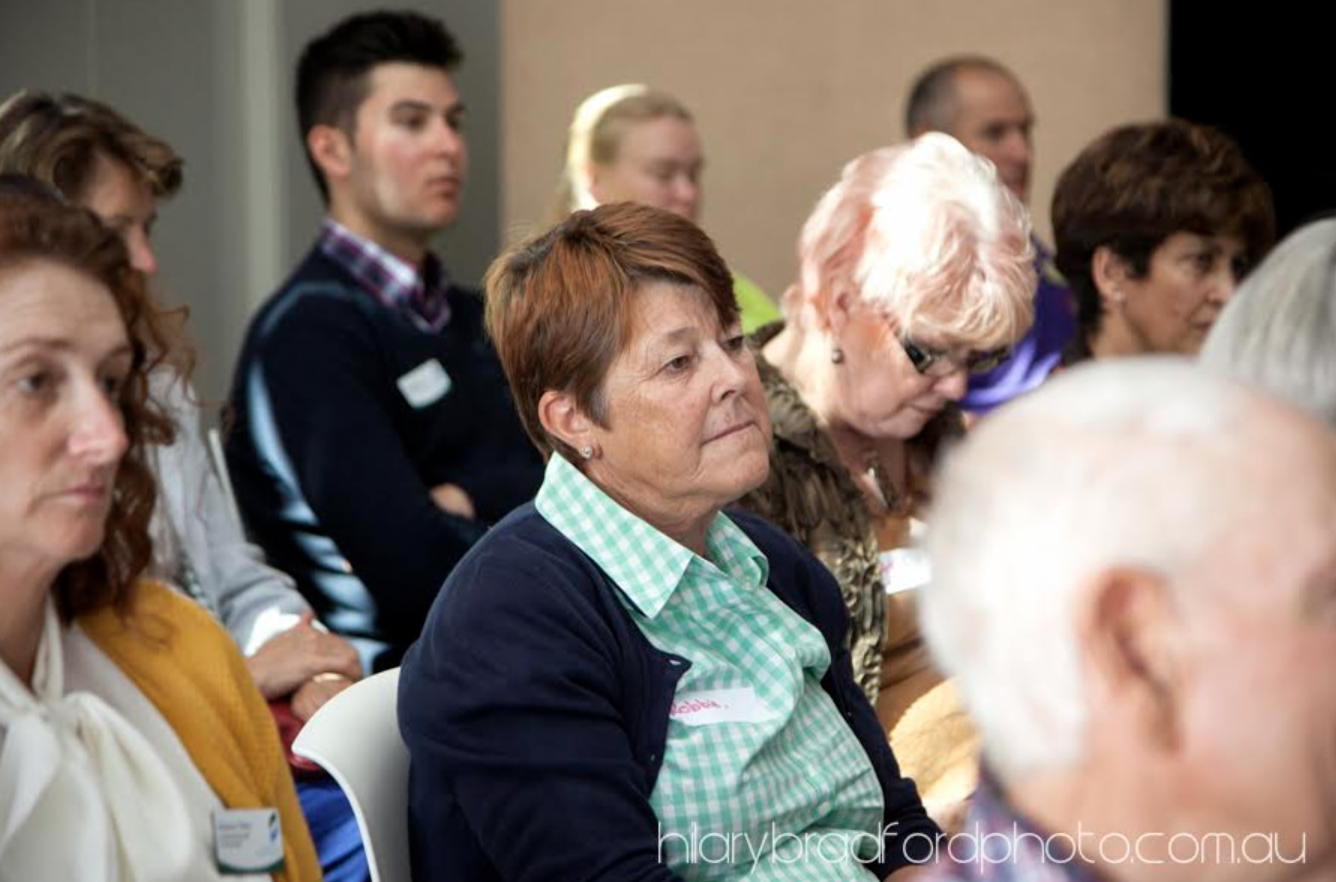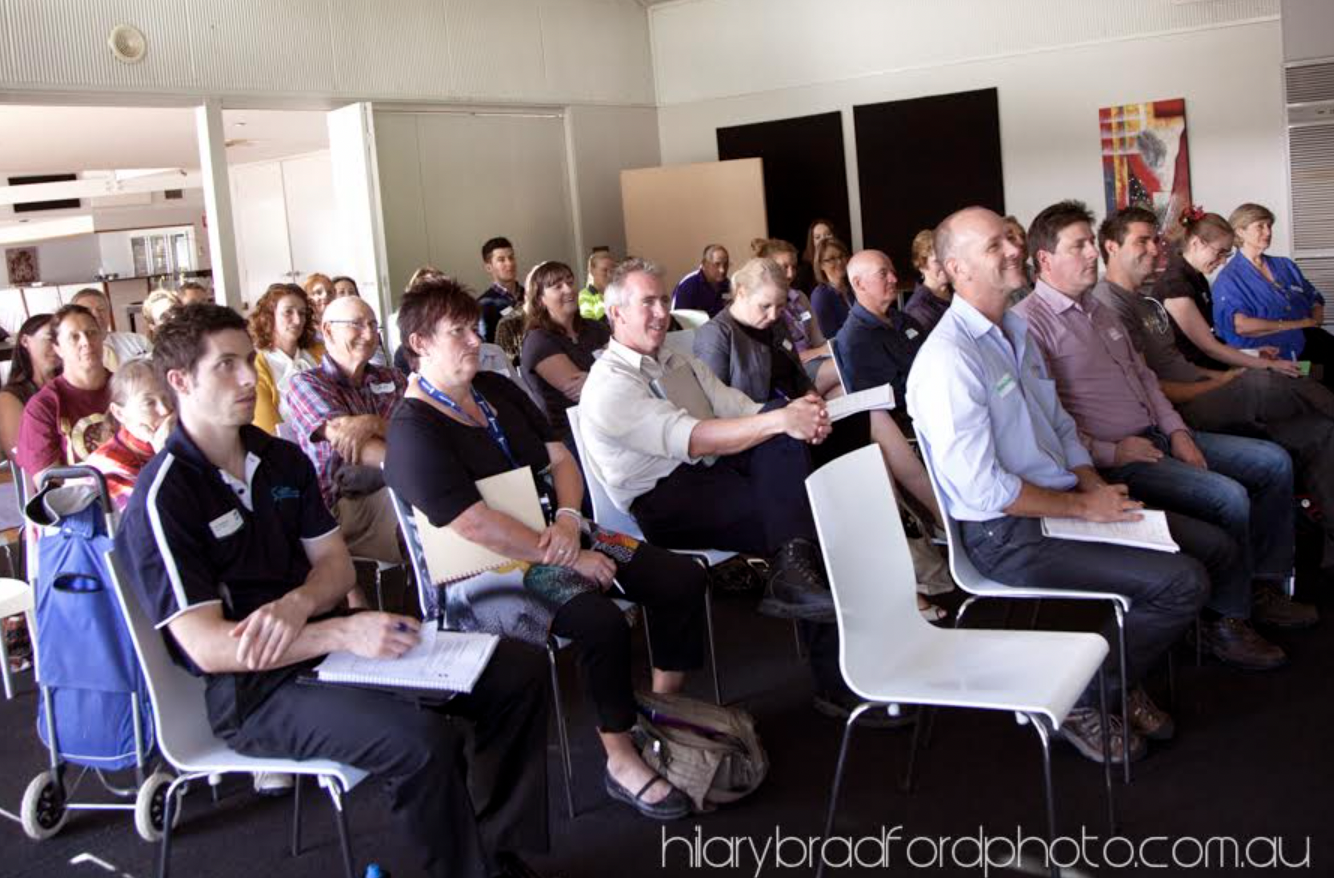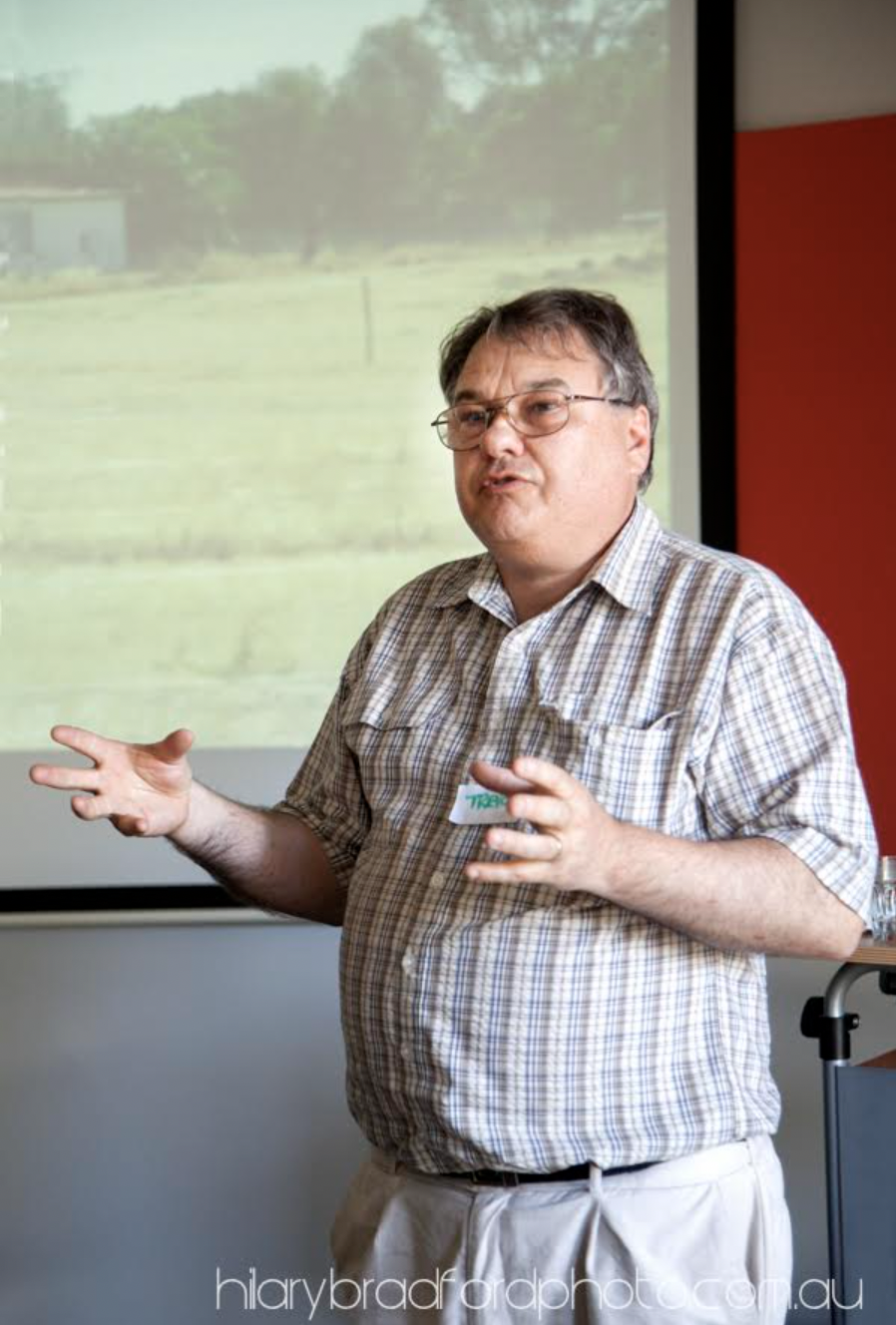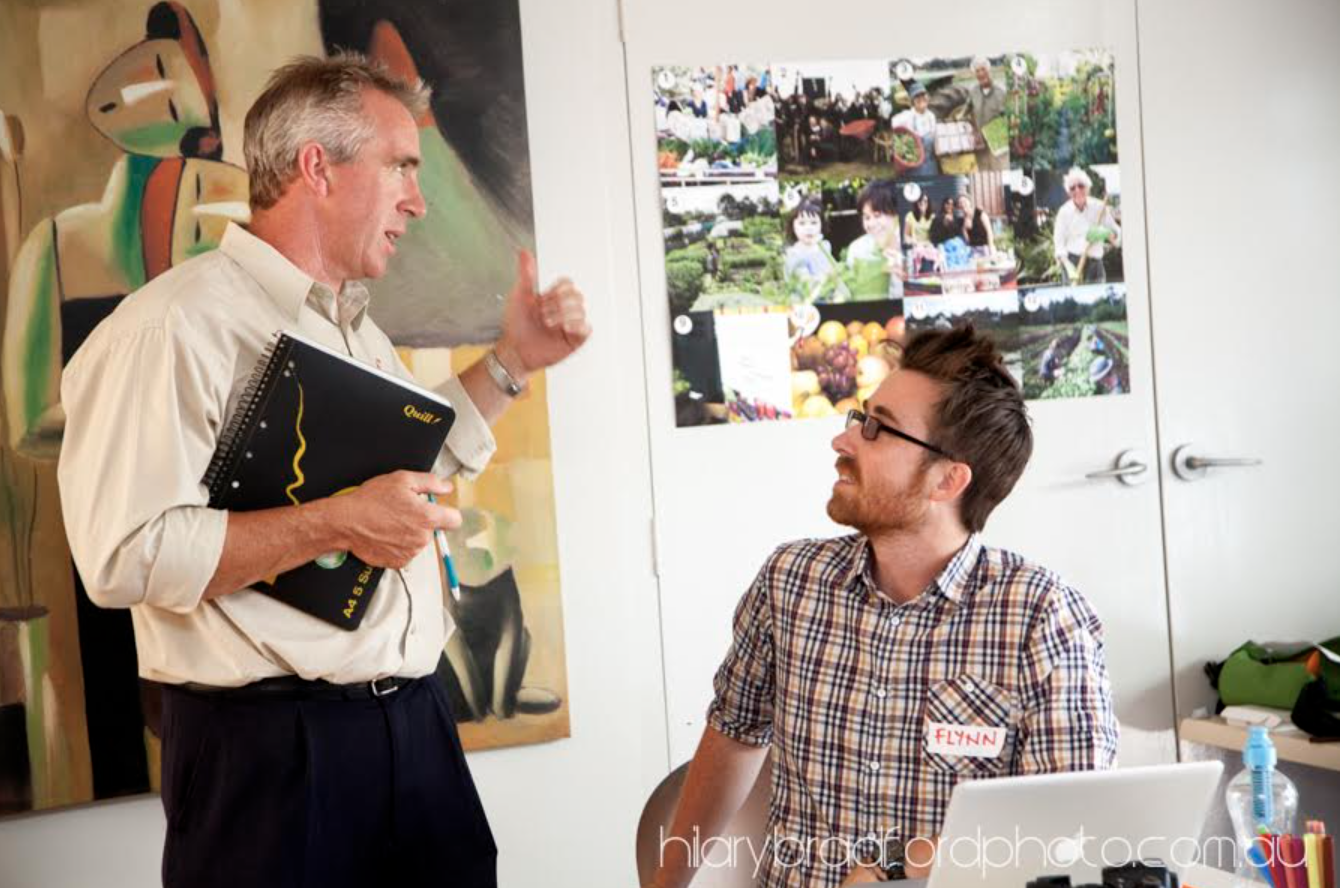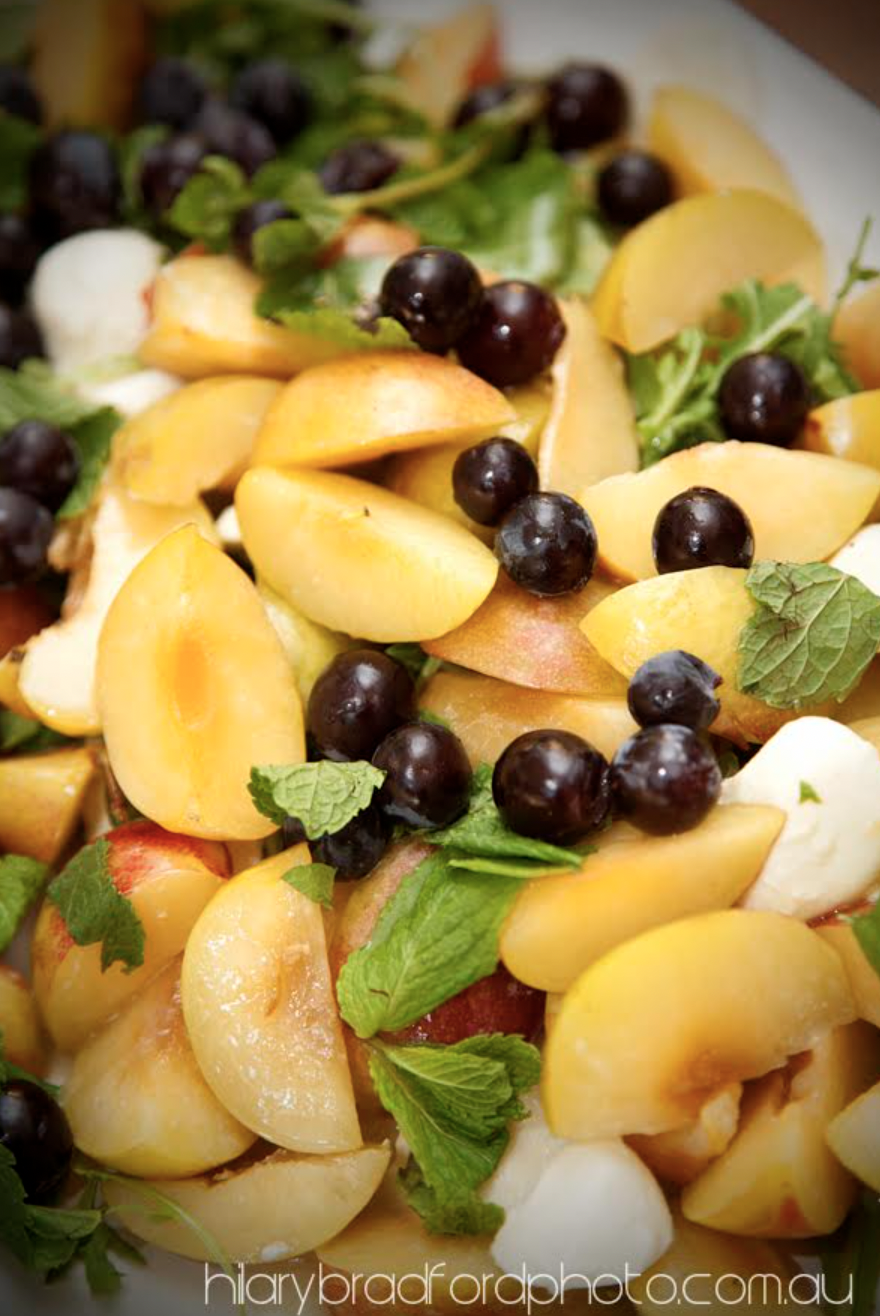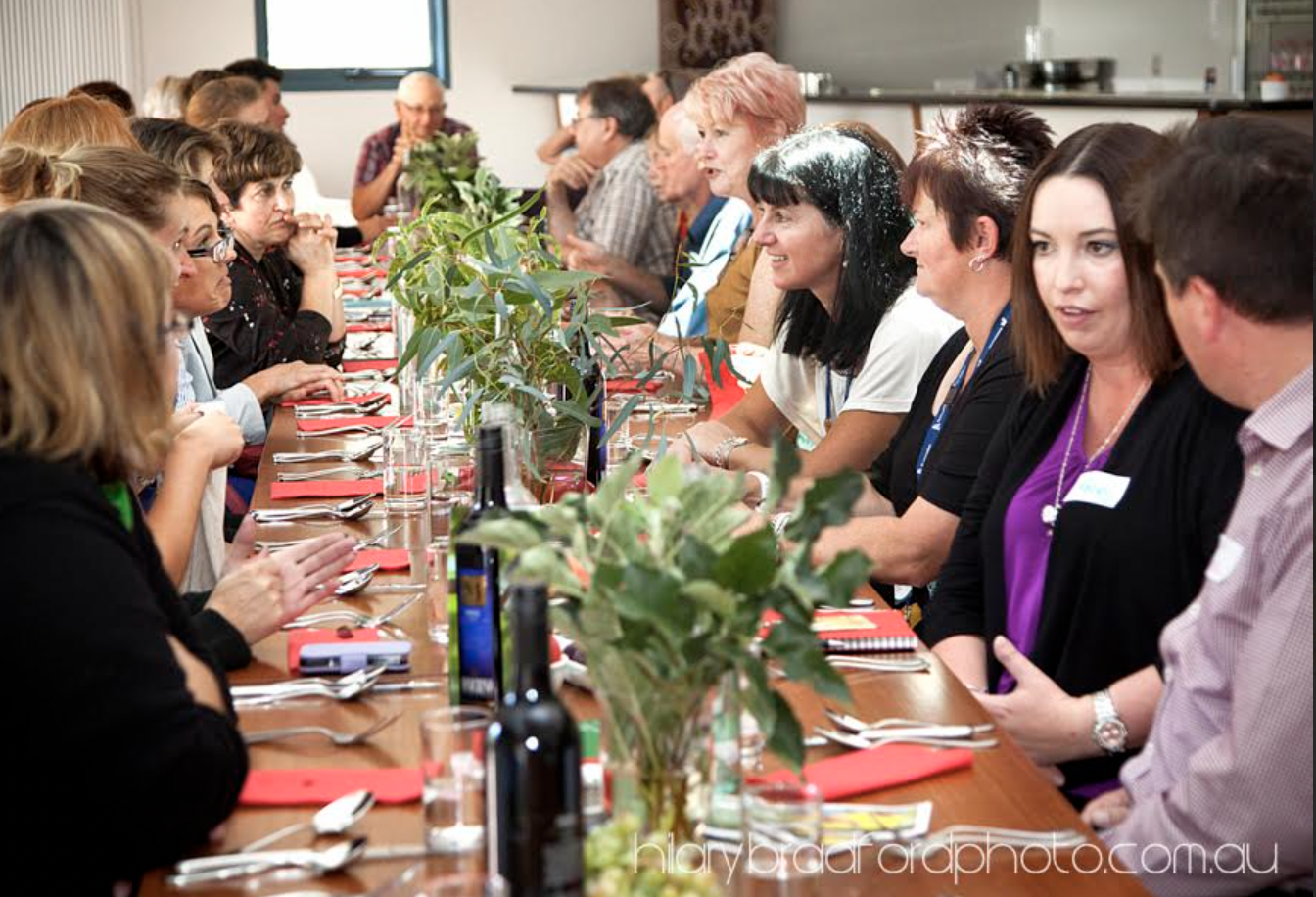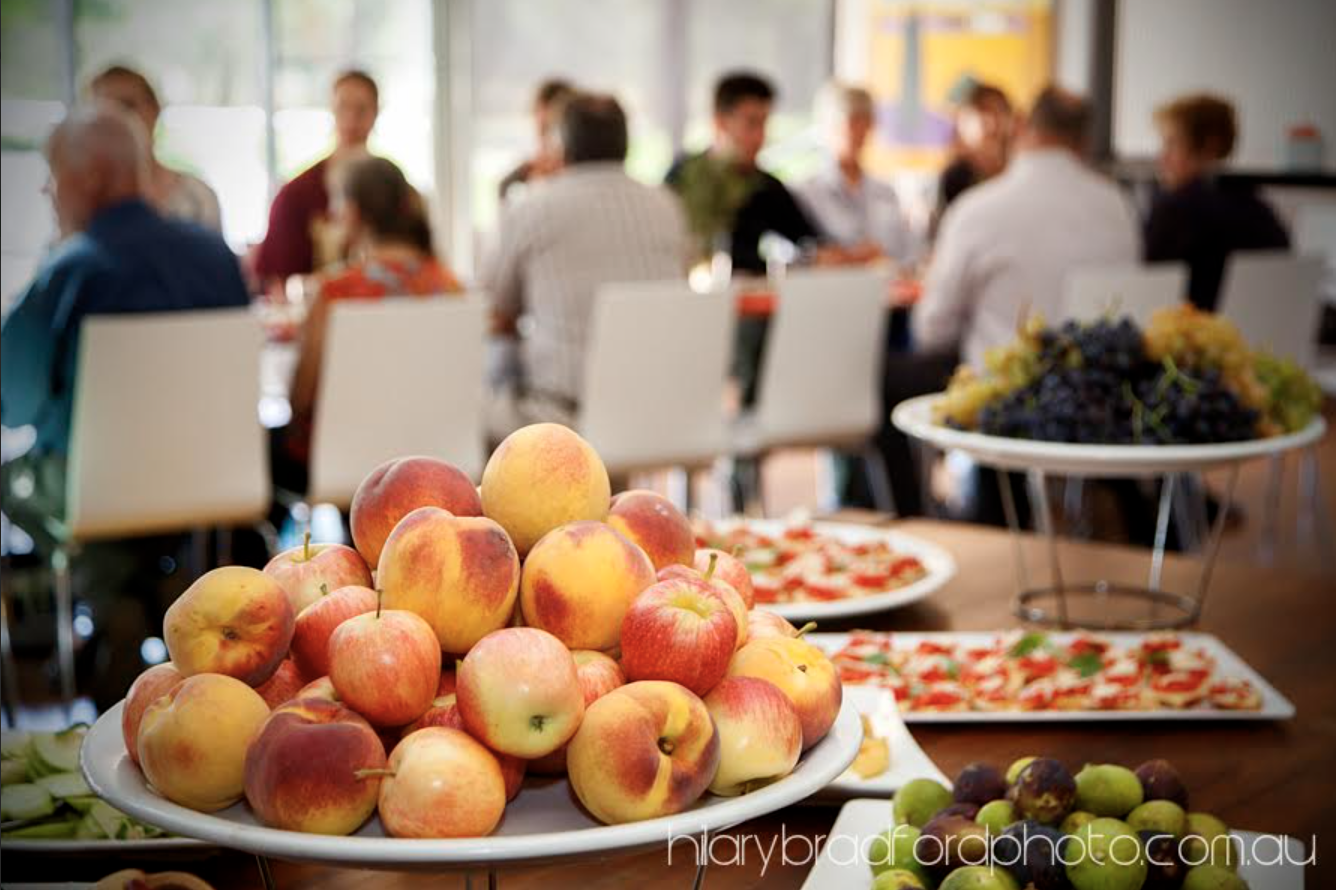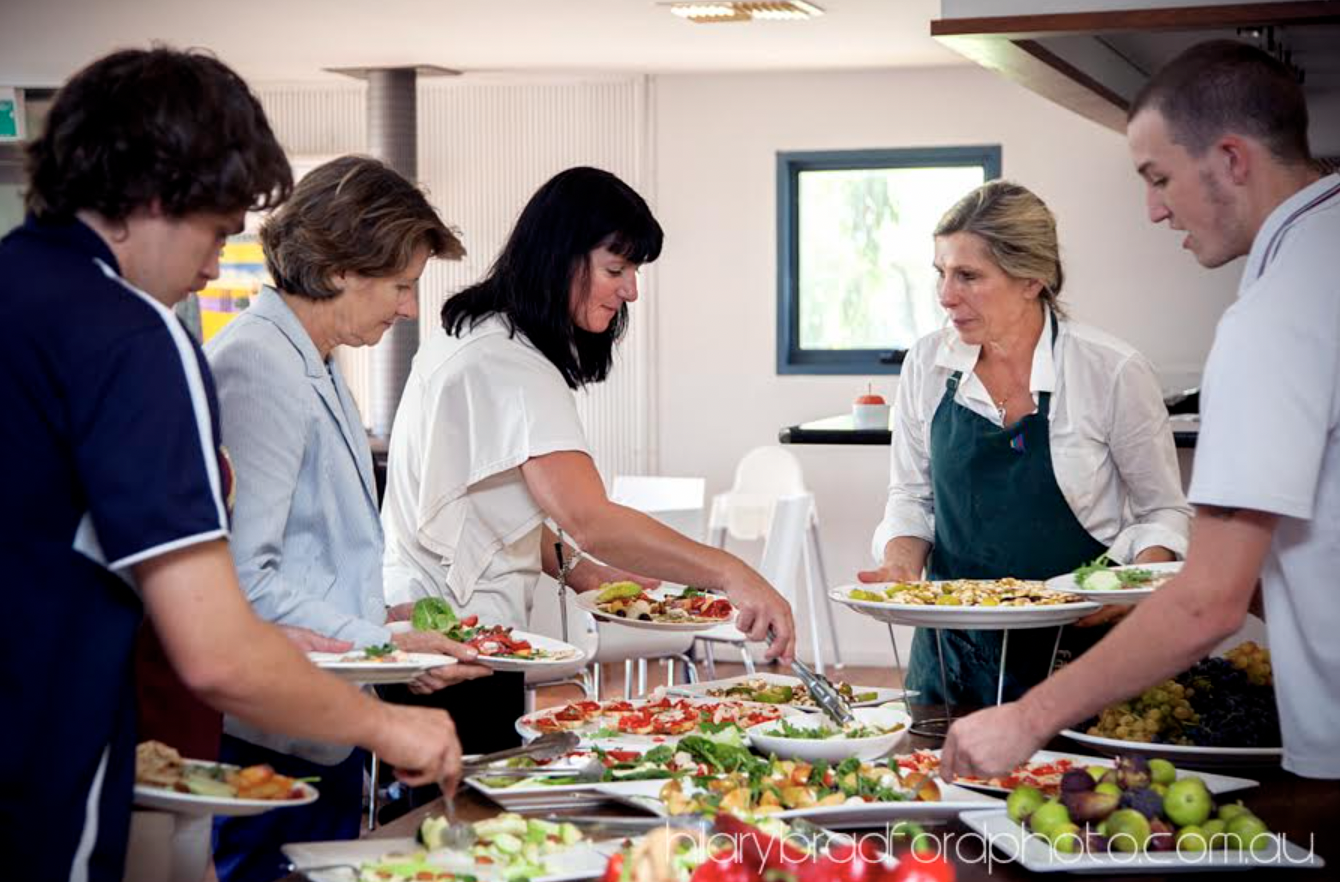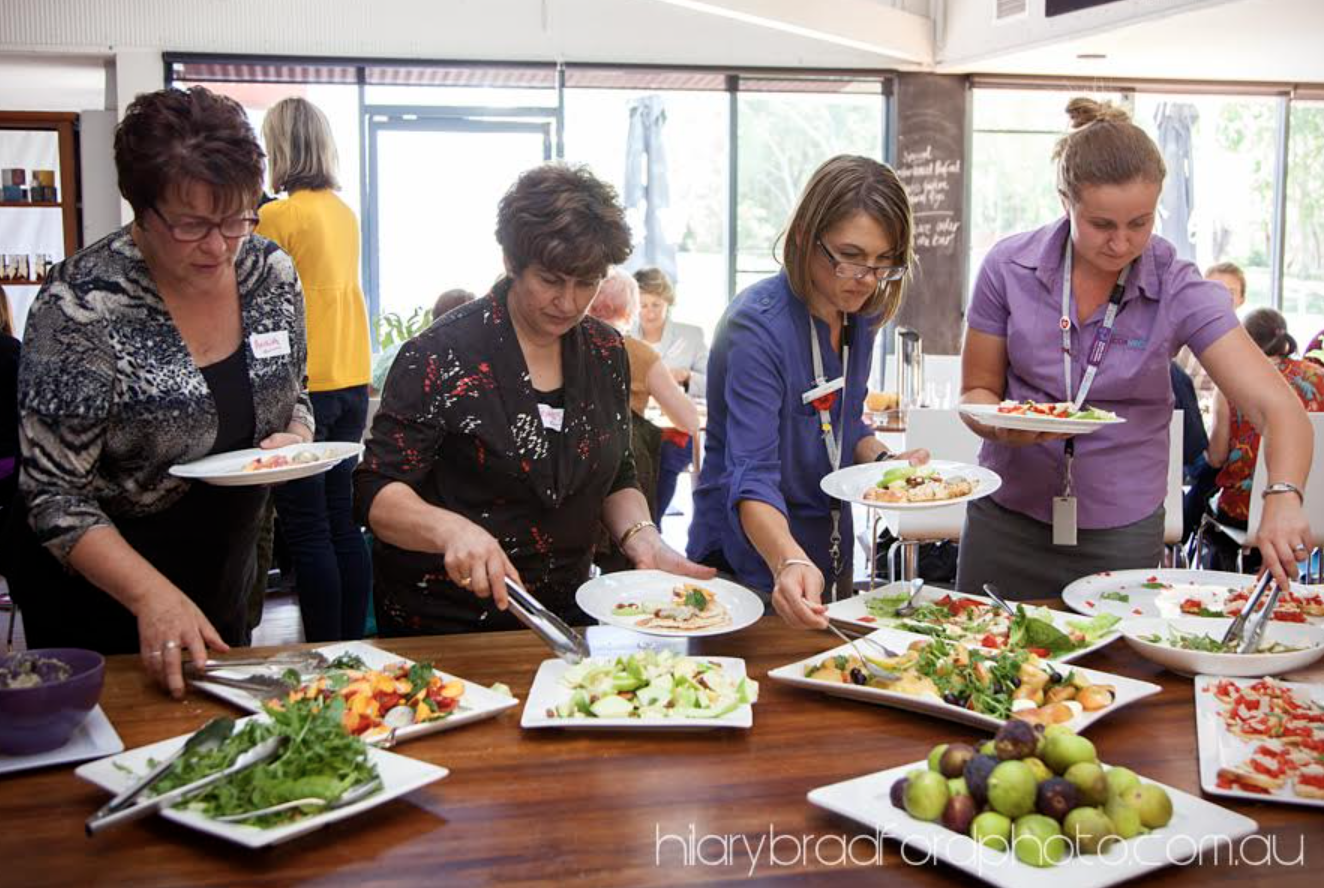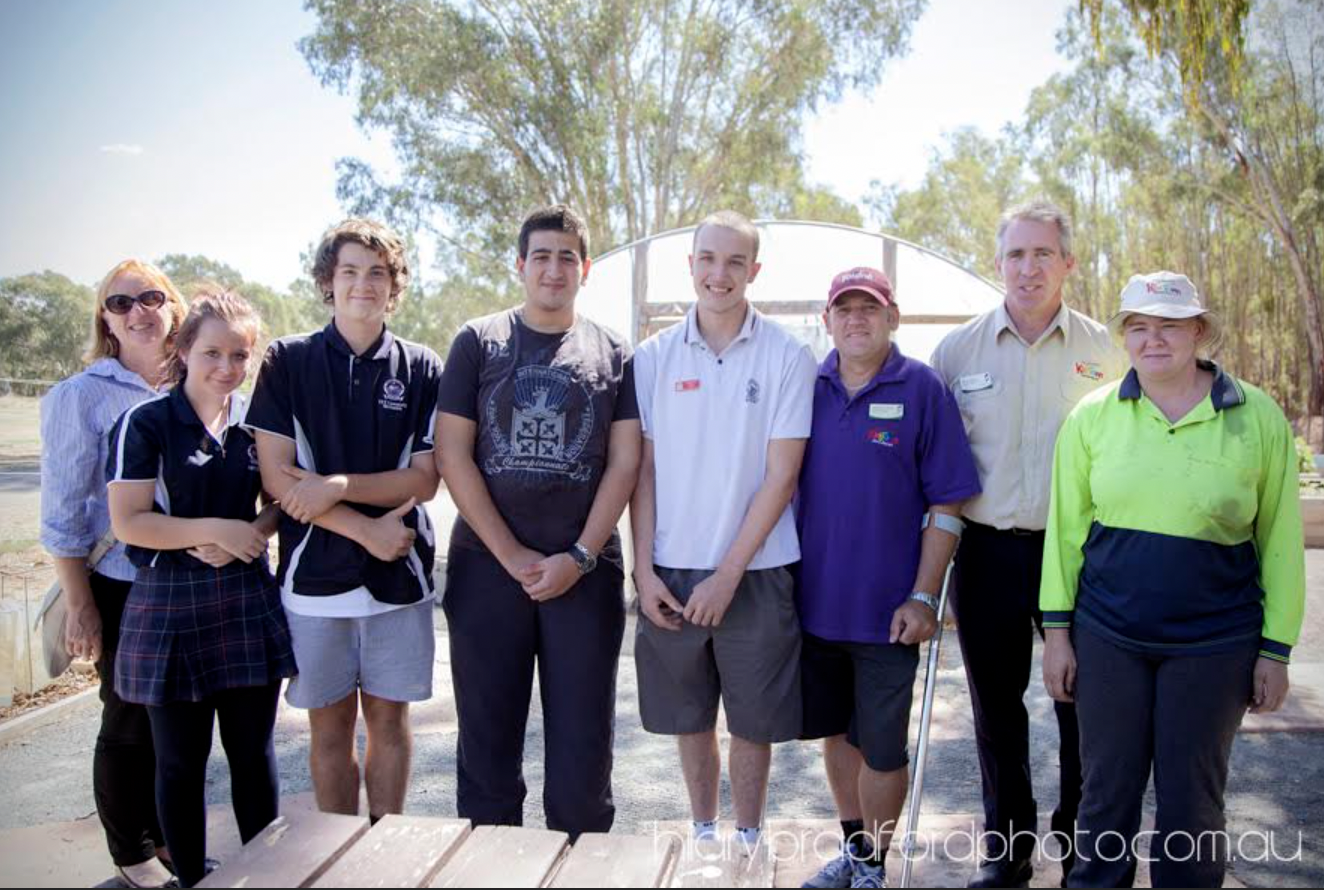Shepparton Food Hub Project – Goulburn Valley, Victoria, Australia (2012–2017)
Project team member
Contributed to the co-design and strategic development of a $7 million regional food initiative aimed at localizing the food economy in the Goulburn Valley, often called “Australia’s (and South-East Asia’s) Food Bowl.” Initiated by the City of Greater Shepparton, the project sought to create a community garden at KidsTown adventure playground that would become a launchpad for new food services, enterprise models, and cultural engagement.
→ Co-created the GV Food Movement and culturally relevant food box systems to meet the needs of the region’s diverse communities
→ Involved in developing place-based strategies for food sovereignty, education, and civic participation
→ Collaborated with Pollen Studio, local stakeholders, and social entrepreneurs to shape a vision grounded in accessibility, inclusion, and regenerative practice
→ Designed a phased implementation approach, integrating input from local, state, and federal agencies
→ Aimed to build a region-wide platform for community-led food innovation and enterprise development
The project continues to inform regional food systems thinking in Victoria. Read about the project on the following R&D paper.
Policy Scheme: Regional Food Renaissance (2025–onwards)
Objective:
To transform Australia's major regional food centres into vibrant, locally-rooted food ecosystems that celebrate place, culture, and community while supporting regenerative agriculture and local economies.
Target Regions:
Victoria: Shepparton / Goulburn Valley, Sunraysia / Mildura, Bendigo, Geelong, Western District, Ballarat
New South Wales: Orange, Griffith, Albury-Wodonga, Dubbo, Tamworth, Armidale, Coffs Harbour
Northern Territory: Alice Springs, Katherine, Darwin, Arnhem Land (supporting Aboriginal community-led food and land management projects)
Queensland: Lockyer Valley, Bundaberg, Cairns, Northern Rivers
Tasmania: Tamar Valley, Huon Valley
South Australia: Murray Bridge, Barossa Valley, Adelaide Hills
Western Australia: Margaret River, Peel Region, Swan Valley
Key Principles:
Place-Led Economic Activation:
Redirect investment from abstracted export-focused strategies toward tangible, place-based practices that benefit local communities.Community Co-Design and Stewardship:
Empower citizens, schools, producers, and local councils to co-create programs and hubs, fostering a sense of ownership and pride.Regenerative Practice Embedded:
Integrate sustainable farming practices that restore soils, biodiversity, and water systems, building climate resilience and long-term productivity.Cultural and Gastronomic Identity:
Develop unique food narratives for each region to attract visitors and strengthen local pride, positioning towns as destination hubs for culinary tourism.Education and Capacity Building:
Collaborate with local schools, universities, and community programs to build skills, food literacy, and resilient social networks.
Implementation Pathway:
Local Food Hubs:
Establish hubs that integrate processing, retail, and educational spaces, serving as community centres for food-related activities.Community Food Programs:
Launch initiatives inspired by successful models like Peach n Pear and Huon Valley Food Hub, focusing on local food access and education.School and University Partnerships:
Develop programs that connect students with local food systems, promoting hands-on learning and community involvement.Policy and Investment Realignment:
Allocate funds toward practical local infrastructure and programs, ensuring that investments deliver immediate community benefits.
Anticipated Outcomes:
Economic Resilience:
Create jobs in food production, processing, gastronomy, and tourism, retaining a greater share of food system value locally.Social Cohesion:
Strengthen community networks through food-centred spaces that connect diverse groups and foster collaboration.Environmental Regeneration:
Support climate-adaptive and sustainable farming practices, contributing to ecological health and resilience.Cultural Revitalisation:
Establish regions as nationally and internationally recognised food destinations, enhancing local identity and pride.


